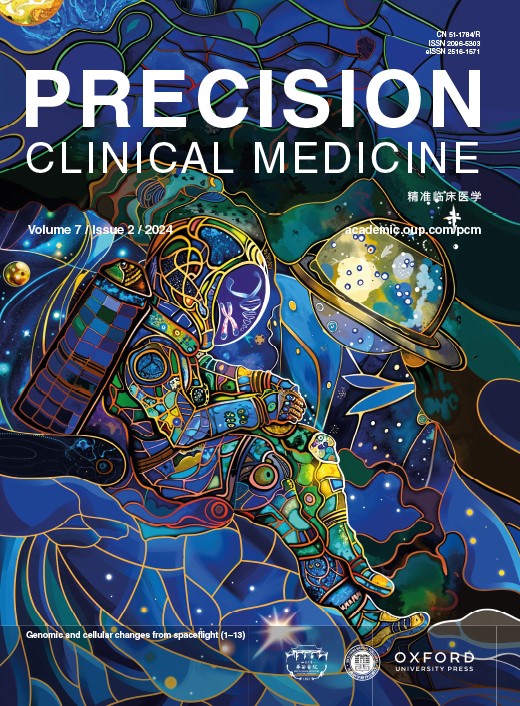婴儿肝血管瘤:回顾和展望
IF 5.1
4区 医学
Q1 MEDICINE, RESEARCH & EXPERIMENTAL
引用次数: 9
摘要
摘要婴儿肝血管瘤是一种常见的婴儿肝脏良性肿瘤。IHHs是真正的婴儿血管瘤(IHs),具有与皮肤血管瘤相似的增殖和复发阶段。IHH的定义和分类在文献中仍然很混乱。IHH的发病机制尚不清楚。IHH的临床表现具有异质性。虽然大多数IHH病变是无症状的,但一些病变可导致严重的并发症,如甲状腺功能减退、消耗性凝血功能障碍和高输出量充血性心力衰竭。因此,一些患者可能会遇到致命的临床状况。病变的异质性和疾病相关合并症的发生使IHH的治疗具有挑战性。口服心得安是治疗IHH的一种有效的系统性方法,在肿瘤缓解和症状消退方面有明显的疗效。然而,严重IHH患者的确切临床特征和治疗策略尚未得到很好的确立。现就IHH的流行病学、发病机制、临床表现、诊断及治疗进行综述。还将阐述IHH最近的更新和未来的展望。本文章由计算机程序翻译,如有差异,请以英文原文为准。
Infantile hepatic hemangiomas: looking backwards and forwards
Abstract Infantile hepatic hemangiomas (IHHs) are common benign tumors seen in the liver of infants. IHHs are true infantile hemangiomas (IHs) and have phases of proliferation and involution parallel to those of cutaneous IHs. The definition and classification of IHH are still confusing in the literature. The mechanisms during the pathogenesis of IHH have yet to be discovered. The clinical manifestations of IHH are heterogeneous. Although most IHH lesions are asymptomatic, some lesions can lead to severe complications, such as hypothyroidism, consumptive coagulopathy, and high-output congestive cardiac failure. Consequently, some patients can possibly encounter a fatal clinical condition. The heterogeneity of the lesions and the occurrence of disease-related comorbidities can make the treatment of IHH challenging. Oral propranolol is emerging as an effective systemic approach to IHH with obvious responses in tumor remission and symptom regression. However, the precise clinical characteristics and treatment strategies for patients with severe IHH have not yet been well established. Here, we summarize the epidemiology, pathogenic mechanism, clinical manifestations, diagnosis, and treatment of IHH. Recent updates and future perspectives for IHH will also be elaborated.
求助全文
通过发布文献求助,成功后即可免费获取论文全文。
去求助
来源期刊

Precision Clinical Medicine
MEDICINE, RESEARCH & EXPERIMENTAL-
CiteScore
10.80
自引率
0.00%
发文量
26
审稿时长
5 weeks
期刊介绍:
Precision Clinical Medicine (PCM) is an international, peer-reviewed, open access journal that provides timely publication of original research articles, case reports, reviews, editorials, and perspectives across the spectrum of precision medicine. The journal's mission is to deliver new theories, methods, and evidence that enhance disease diagnosis, treatment, prevention, and prognosis, thereby establishing a vital communication platform for clinicians and researchers that has the potential to transform medical practice. PCM encompasses all facets of precision medicine, which involves personalized approaches to diagnosis, treatment, and prevention, tailored to individual patients or patient subgroups based on their unique genetic, phenotypic, or psychosocial profiles. The clinical conditions addressed by the journal include a wide range of areas such as cancer, infectious diseases, inherited diseases, complex diseases, and rare diseases.
 求助内容:
求助内容: 应助结果提醒方式:
应助结果提醒方式:


